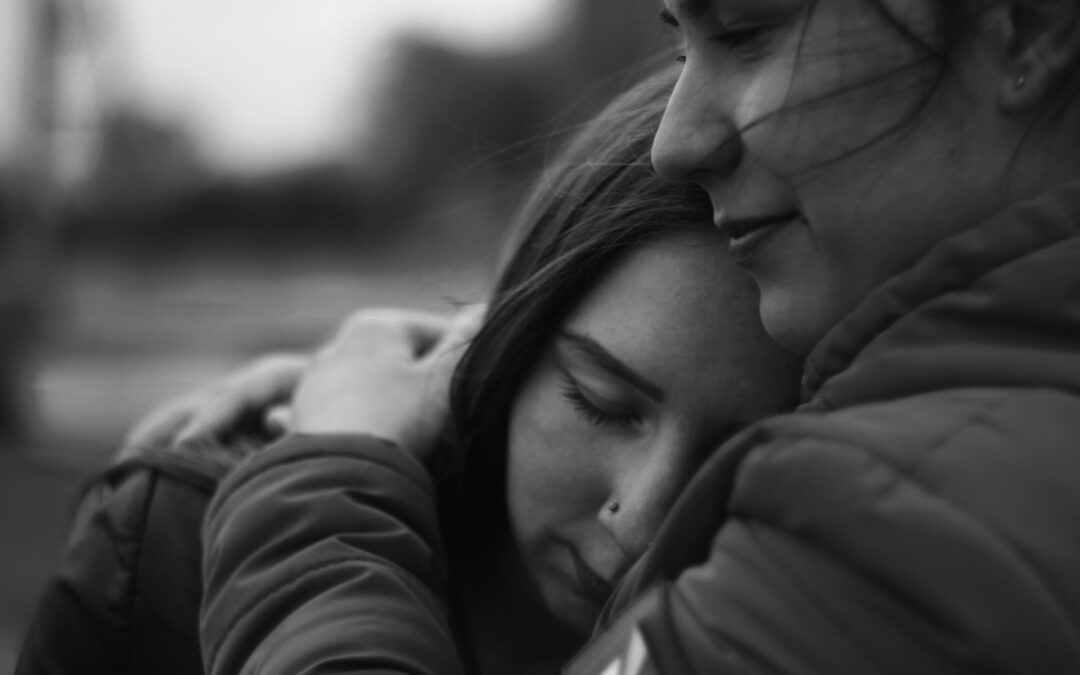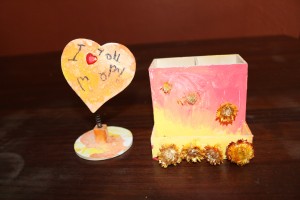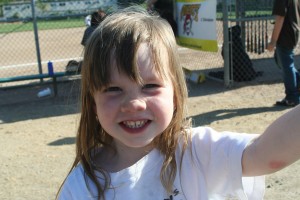
The Secret to Healing Grief
Now, let me begin by saying I am not – by any means – “healed” of my grief from the death of my 4-year-old daughter in 2009.
I’ll probably never be. The day she died, a part of me died too. That loss left a gaping, tormenting hole in my heart and soul. A hole that has mostly stopped bleeding and shrunk a bit over the years, but will remain with me until the day I die.
And yet, in the years since her death, I have managed to learn how to live in the shadow of grief. I’ve even learned to allow joy and happiness back into my life. In fact, I would argue that I have learned how to harness the pain and devastation into fundamentally improving myself.
Over the years, I have started the process of transforming from someone who used to just “survive” life without truly enjoying it. I’m now someone who is learning to thrive in most aspects of living. I am not referring to thriving in a monetary or materialistic way, but in how I open myself up to, interact with, and relate to the world around me.
So what is the secret to healing from grief?
Over the years, I have tried to write about it. I have bared my soul and deepest, darkest feelings and fears. By trying to capture “it,” I hope to let others use it in their own journeys of healing. And yet I’ve never been able to capture its essence in one succinct idea.
That is, until now. I cannot take credit for it. It was during some rare alone time (I am married with four kids). I looked for a show to watch on TV and decided to indulge myself by watching an episode of The Long Island Medium.
I like watching the show because it usually provides me with an opportunity to cry and release the built-up pressure of sadness over my daughter’s death. Feelings that I usually hold at bay during everyday activities.
During the episode, Theresa Caputo surprises a woman in New Orleans with a private reading. The woman had lost her 15-year-old only child, Kamen, in a car accident some years before. Her sister described her as a “shell of her former self”.
In the reading, Theresa is communicating what Kamen wants to convey to his mother. He describes her as constantly going back to the day he died, and – in fact – living her life trapped in that horrible moment of time. She is stuck in the worry and guilt that many bereaved parents face. The idea that their child suffered alone, in devastating pain, and scared in their last moments. It torments us.
Then Theresa – using Kamen’s words – offers the secret to healing our grief in a simple, profound way. Theresa says:
“He said, ‘The way you loved me is the way that you can heal.; All the love, encouragement, and everything you gave your son; if you gave that to yourself, you would be healed.”
And there it is. It hit me like a ton of bricks. Everything I have tried to convey in the past few years encapsulated in one succinct statement.
I have begun to heal, and even thrive. Because for the first time in my life, I am slowly learning to treat myself the way I treat my kids. I am learning how to unconditionally love myself. How to look inward for support and encouragement during even the most difficult days and moments. And I am learning how to transform the darkness of grief into the light of love by looking for the lesson hidden deep within the pain.
I would be lying if I told you that embodying self love and self care is easy. In my experience, it is not.
But I am convinced it is the basic understanding we need to begin to heal our grief. And with knowledge, comes power. The power to choose whether we are at the mercy of our grief, or whether we teach ourselves to not only live with the pain, but use it to reach a deeper, more fulfilling understanding of life itself.
I wish you peace and comfort on your journey.






 Not every memory of my daughter is a sweet one. She was a normal child, and mixed in with the wonderful times were difficult times. We had our frustrations as well as our love and fun. But now, every memory up until the day she died is precious to me because it is all I have left. I am very, very happy to have gotten this one back.
Not every memory of my daughter is a sweet one. She was a normal child, and mixed in with the wonderful times were difficult times. We had our frustrations as well as our love and fun. But now, every memory up until the day she died is precious to me because it is all I have left. I am very, very happy to have gotten this one back. This website was inspired by the memory of Margareta Sol Kubitz in hopes of helping others work through the pain of grief.
This website was inspired by the memory of Margareta Sol Kubitz in hopes of helping others work through the pain of grief.